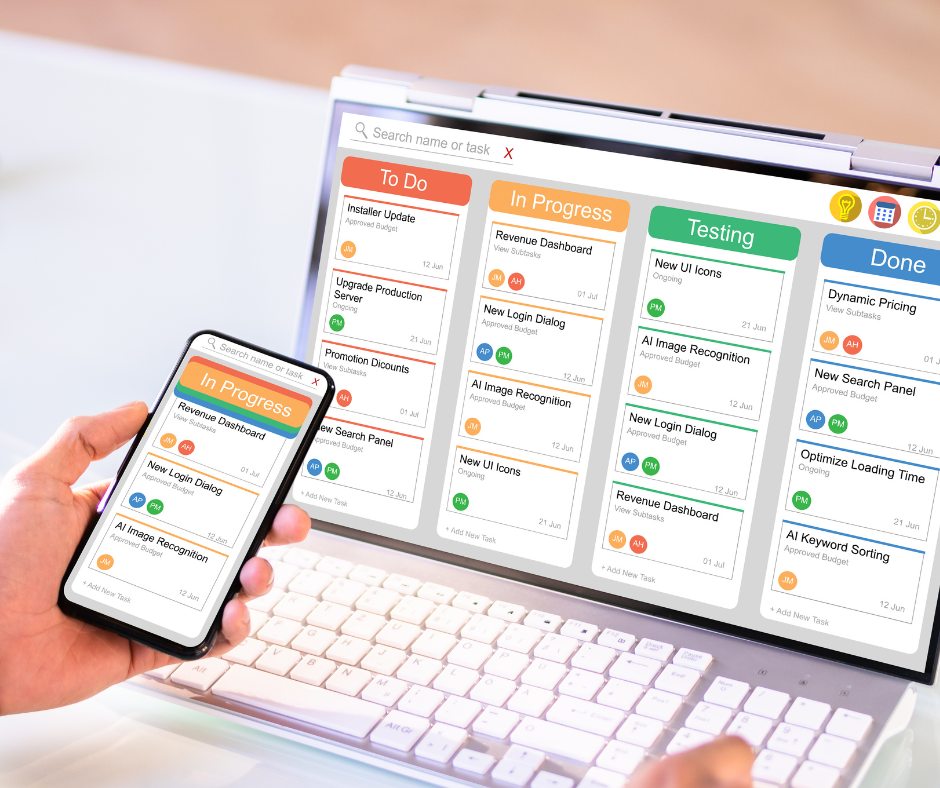A Comprehensive Guide to Appointment Scheduling Software
Modern businesses across industries are adopting appointment scheduling software to streamline their booking processes and enhance operational efficiency. This digital solution automates appointment management, reducing administrative workload while improving the customer experience. Understanding the key aspects of these systems helps organizations make informed decisions about implementing scheduling technology.

Essential Features of Appointment Scheduling Solutions
When evaluating appointment scheduling software, several critical features deserve attention. Calendar synchronization capabilities ensure real-time updates across multiple platforms and prevent double-bookings. Automated reminder systems help reduce no-shows through customizable email and SMS notifications. Many platforms also offer online payment processing, customizable booking forms, and integration with existing business tools like CRM systems.
Impact of Automated Booking Systems on Business Operations
Automated appointment booking systems significantly transform daily operations. These solutions typically reduce scheduling errors by 80-90% compared to manual methods. Staff productivity increases as employees spend less time managing appointments and more time on core business activities. Customer satisfaction often improves through 24/7 booking availability and faster confirmation processes.
Comparing Available Scheduling Platforms
| Platform | Core Features | Monthly Cost Range |
|---|---|---|
| Calendly | Basic scheduling, integrations | $8-$16/user |
| Acuity | Industry-specific features, payments | $14-$45/month |
| SimplyBook.me | Custom booking website, marketing tools | $8-$59/month |
| Square Appointments | POS integration, payment processing | $0-$90/month |
Prices, rates, or cost estimates mentioned in this article are based on the latest available information but may change over time. Independent research is advised before making financial decisions.
Implementation Considerations for Business Success
Successful implementation requires careful planning and consideration of several factors. Staff training needs, technical requirements, and integration with existing systems must be evaluated. Organizations should also assess their booking volume, user accessibility requirements, and specific industry regulations that may affect software selection.
Cost Analysis and ROI Expectations
When analyzing costs, businesses must consider both direct and indirect expenses. Initial setup fees, monthly subscription costs, and potential hardware requirements comprise direct costs. Indirect benefits include reduced administrative hours, decreased no-show rates, and improved customer satisfaction. Most businesses report positive ROI within 3-6 months of implementation, primarily through reduced labor costs and increased booking efficiency.
The selection of appropriate appointment scheduling software requires careful evaluation of business needs, feature requirements, and budget constraints. While implementation demands initial investment and adjustment periods, the long-term benefits often justify the transition to automated scheduling systems. Organizations should thoroughly assess their specific requirements and carefully compare available options before making a final decision.



